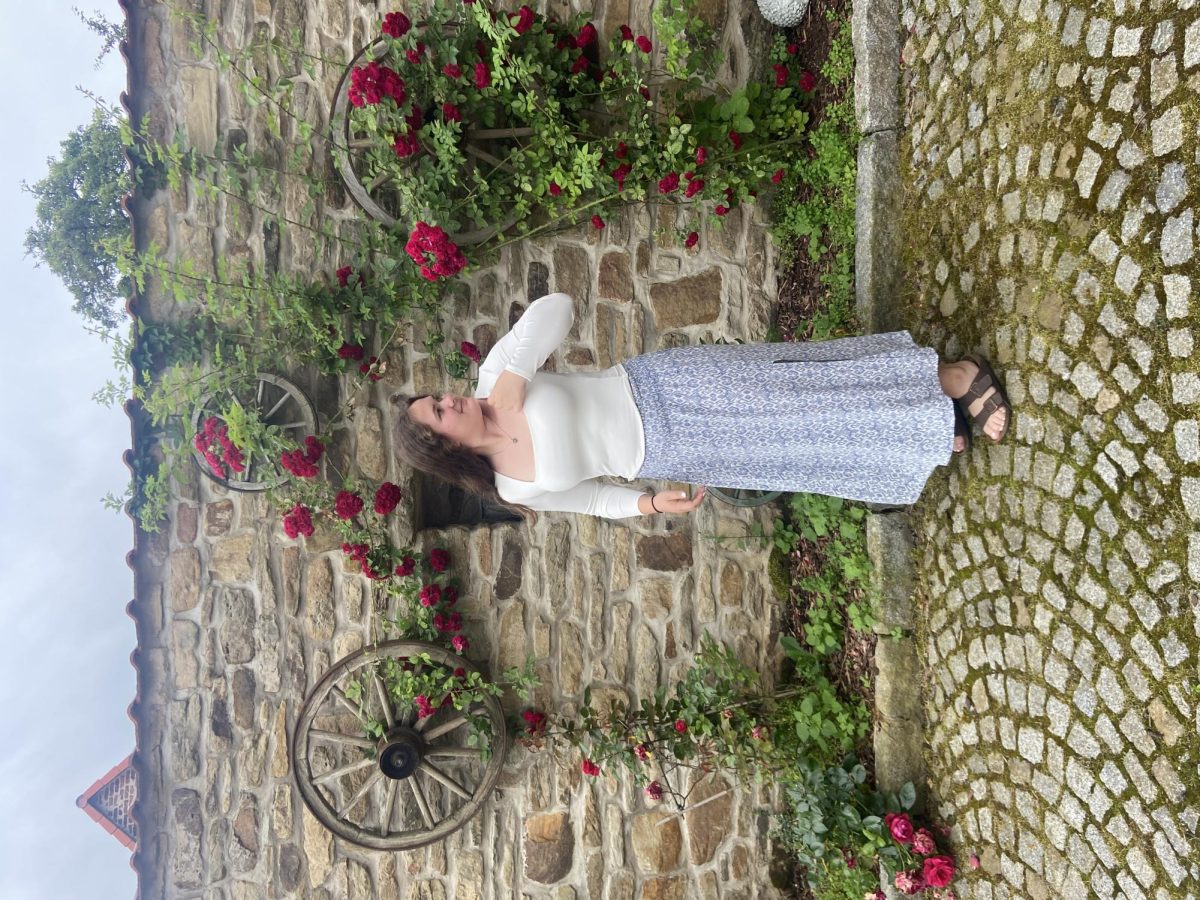Fatherhood’s Best Kept Secret: With Mr. Castano
April 21, 2021
Michael Castano is Timberlane’s king of dad jokes. How did he become such a master of puns? I sat down with him to find out.
Michael Castano has loved dad jokes since he was a kid, but they’ve recently taken on a new meaning. Castano welcomed his first child, his daughter Molly, into the world on August 21, 2020. Dad jokes suddenly had a new standard to meet. “There’s more pressure than ever before”, says Castano, “now that I’m a dad I feel like there’s a title I have to live up to!”
To ensure the quality of his jokes, Castano has taken to sprinkling his class periods with one to three dad jokes, asking his classes to rate the jokes. When teaching online, Castano asks his students to rate the jokes from one to ten, in person, he looks for students’ physical reactions, gauging the laughs and chuckles. Before jokes make it to the ears of Timberlane students, they’re tested on his wife, who helps weed out the good from the bad.
His piece of advice to any dad joke novice out there is to remember that, “just because a joke is funny to you, doesn’t mean it will be funny to the audience. Keep your audience in mind, and find what they want from the performance.”
Starting from his years at the Scholastic Book Fair buying joke books, Castano’s love of dad jokes grew with him. He began to see them as a favorite party trick, and likes to integrate them into improv. His favorite thing is to “work in a clever pun or callback”. He loves dad jokes because he “love[s] the pun, and the idea of being able to create a joke, letting that joke sit there, and referencing it later.” He admires John Maleney’s “mastery” of this skill in his stand up comedy.
A dad joke is “a short joke, typically a pun, presented as a one-liner or a question and answer, but not a narrative. Generally inoffensive, dad jokes are stereotypically told by fathers among family, either with sincere humorous intent, or to intentionally provoke a negative reaction to its overly-simplistic humor.” [Wikipedia]

